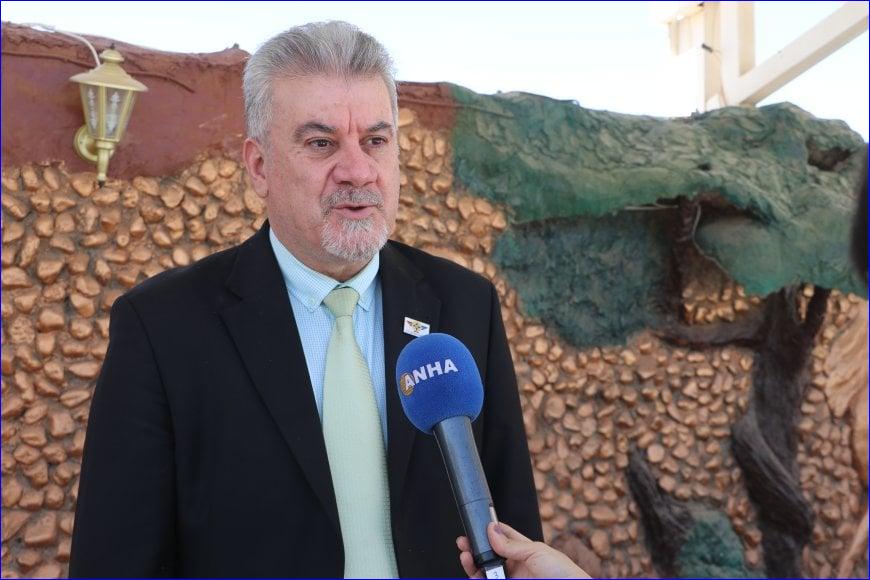


In this context, Wail Mirza emphasized that decentralization is now a central demand not only for NE Syria but for all Syrian components, especially after the recent tragic events in Sweida and the coastal region.
Related: Timeline of ISIS in Iraq
Related: Attacks on Assyrians in Syria By ISIS and Other Muslim Groups
In March and July, respectively, the Syrian coast and Sweida witnessed deadly incidents in which elements of the Ministries of Defense and Interior of the transitional government carried out massacres targeting Alawites and Druze communities.
The coastal massacres claimed the lives of more than 1,479 Alawites, according to a Reuters investigation. Sweida's massacres resulted in approximately 2,047 deaths, including 1,592 residents of the province, among them 817 Druze civilians who were killed directly, according to the Syrian Observatory for Human Rights. The fate of 516 Druze, including 103 women, remains unknown.
Mirza stated: "Decentralization means that each community governs itself according to the demographics of its region. We have the experience of Autonomous Administration in NE Syria, which can be applied to all Syrian territories."
He added: "I say this frankly as an Assyrian: decentralization is an Assyrian demand first, before it is anyone else's."
Mirza also stressed that protecting the rights of all Syrian components should be enshrined in a new constitution, without contradicting decentralization, because Syria's regions are not homogeneous. He warned: "Anyone who seeks to manage Syria as a single entity will inevitably fail."
He further emphasized: "We Assyrians aim to guarantee our rights as an indigenous people of Syria, not as a transient population."
Regarding the transitional government's insistence on centralization, Mirza said it seeks to replicate the former Baathist system and revert the country to its pre-2011 state. He noted that returning to that era after 15 years is nearly impossible.
"If the transitional government pursues this path, it only changes the dictator while leaving the system of dictatorship intact. If it continues to marginalize political forces and ethnic communities, it will inevitably fail to gain the Syrian people's consent," he added.
Mirza referred to the March 10 Agreement signed between the commander of the Syrian Democratic Forces in Damascus, Mazloum Abdi, and the transitional government, saying it could serve as the foundation for building a new Syria.
The March 10 Agreement consists of eight points, including ensuring the rights of all Syrians in political representation and participation in state institutions, guaranteeing Kurdish constitutional rights, integrating civil and military institutions in NE Syria within the Syrian state framework, facilitating the return of all displaced Syrians to their towns and villages with protection from the Syrian state, and rejecting division, hate speech, and attempts to sow discord among Syrian components.
However, the transitional government, reportedly under Turkish pressure, has so far avoided implementing the agreement's provisions and continues to act unilaterally, including by issuing a temporary constitution and moving toward parliamentary elections independently.

or register to post a comment.